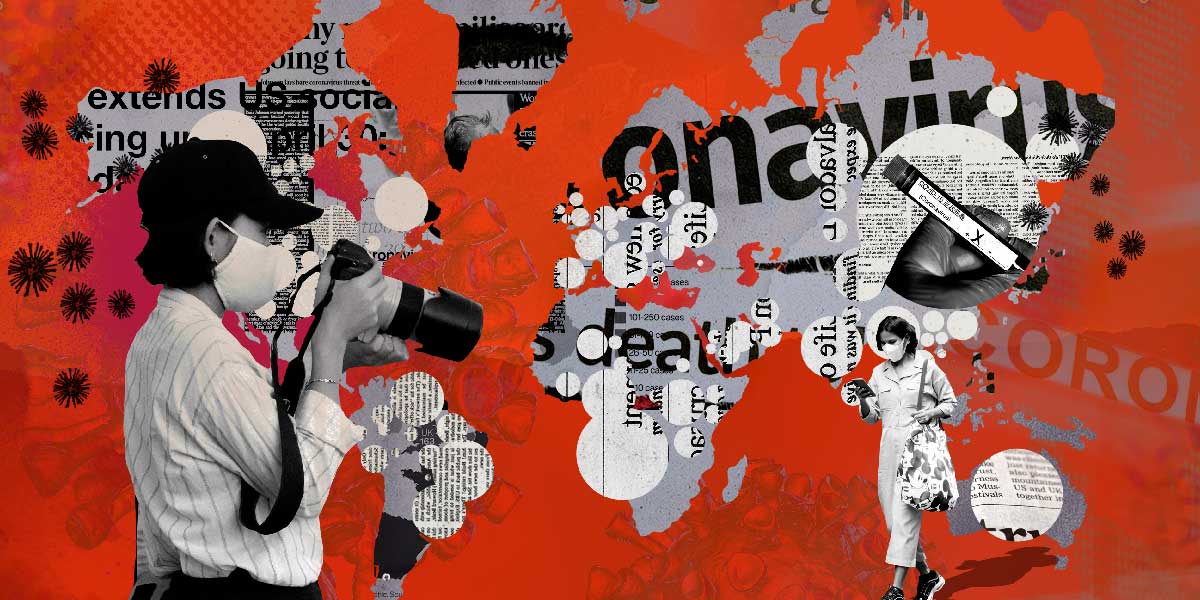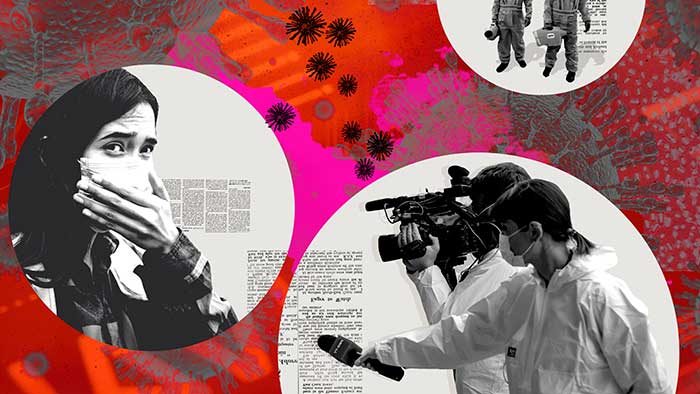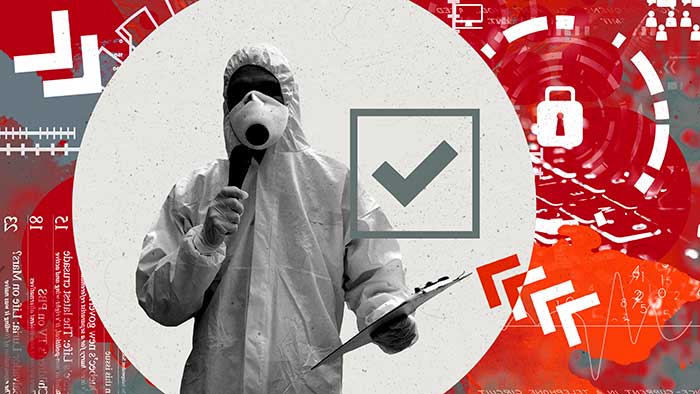
By Artchil B. Fernandez
These are scary times. Filipinos are currently dying by hundreds every day and at least 10,000 on the average are infected daily with SARS-CoV-2 – the virus that causes Covid-19.
Heart-breaking stories abound as hospitals particularly in the National Capital Region (NCR) and surrounding areas are in full capacity. People are fighting for limited hospital beds, some waiting for hours in long queues while others die in tents outside the hospitals as they wait for admission.
Angelo Barrera’s 61-year-old father got infected with the Covid-19 virus. They drove for eight hours around Metro Manila seeking hospital admission. Finally, his father was able to squeeze-in in a wait-listed roll. His father, however, did not make it into the hospital. He died after waiting for five hours.
The story of Dr. Katrin De la Paz is much horrific, almost surreal, like a scene lifted from an apocalyptic movie. Five patients with Covid-19 are in critical condition and there is only one mechanical ventilator available. She chose to put the ventilator on an 89-year-old patient who was low on oxygen. A few hours later, three of the four other patients died. The good doctor played god and she was guilt-stricken.

“Bakit namin kailangan mamili kung sino ang pagbibigyan? Bakit dumating sa punto na ‘di namin ma-treat nang maayos or maisalba ‘yung buhay ng bawat isa sa pasyente namin? Bakit kailangan namin mamili? It’s very frustrating,” De la Paz exclaimed in anguish.
Who will give faces and voices to such stories? It is the press that provides a vivid picture of the pandemic, shedding light on dark corners, illuminating the suffering and the pain of the otherwise forgotten victims of the horror that struck the nation and the world.
These stories are important if people are to understand the dangers of the pandemic and the extent of its devastation. Despite clear evidence that the pandemic is real, so much misinformation and disinformation about it is proliferating, chief among them is the outrageous lie that the pandemic is a hoax.
While medical professionals and front-liners are battling SARS-CoV-2, the press and the media are also engaged in an all-out war against the virus of misinformation and disinformation concerning the pandemic. The war against the virus of lies and falsehood about the pandemic is as significant as the battle against SARS-CoV-2.
The right and correct information are as important as the medical interventions to stem the tide of the pandemic now running out of control in the country. Without proper and accurate information more people will die in the pandemic.
Wrong information and falsehood lead to the mishandling of the pandemic and has fatal consequences and serious repercussions. When the pandemic broke out early last year, then US President Donald Trump claimed that “when we get into April, in the warmer weather – that has a very negative effect on that, and that type of a virus.” He further asserted that “It’s going to disappear. One day, it’s like a miracle – it will disappear.” As a result, the US today is at the top of the list in the world with the highest infections (32,003,857) and deaths (576,466) as of this writing.
In the Philippines, Du30 like Trump, had a similarly dismissive attitude towards the virus. Unable to understand the nature of a pandemic Du30 refused to ban flights from China, the source of the virus, in the first week of February 2020 afraid to hurt the feelings of his masters in Beijing. When Du30 finally banned flights from China a month later, the Covid-19 virus had already entered the country, courtesy of tourists from Wuhan, China.

As the virus started to spread in the country, Du30, instead of studying and understanding the nature of the virus and be guided with correct information about a pandemic made fun of the whole matter. With bluster, he publicly threatened to slap the virus and like Trump claimed it will go away and disappear. Today, the Philippines is the worst country in pandemic handling among ASEAN nations and in the Asia-Pacific region.
What happened in the US and what is going on in the Philippines are testament to the damage of the virus of misinformation and disinformation. As late as a month ago, Du30 was still suggesting the erroneous and wrong idea of pouring gasoline on face masks to fight the novel Coronavirus.
Battling fiction, lies and falsehoods, misinformation and disinformation vis-a-vis Covid-19 pandemic is crucial and vital in pandemic handling and management. Policy-makers and the public must have the right knowledge and truthful information on the pandemic, especially the science of it. Countries guided by the science of pandemic deal with it way much better than countries whose leaders relied on conspiracy theories and even superstition. The contrast between New Zealand and Brazil clearly illustrates this.
Combating the virus of falsehood and lies is the task that primarily falls into the hands of the press. To help people survive the pandemic and keep themselves safe, the press must constantly provide them with right, accurate and truthful information.
The press plays a vital role in the time of pandemic. Press people, like medical frontliners, are risking their lives to get correct and accurate information from the field. News stories give a clear picture of what is happening on the ground. True and accurate information of the situation alerts people as well as policymakers and leaders what is going on in communities.
Accurate news stories are crucial to leaders and policymakers for they are important inputs in crafting interventions on how to manage the pandemic. They are also vital to the public for truthful news stories guide peoples’ action, especially on how to ensure their safety from the virus-like avoiding places and areas where the transmission is prevalent and by knowing the latest updates on the pandemic.
In time of pandemic, the press and the media as a whole have two essential roles. One is to combat the virus of misinformation, disinformation and fictitious ideas by promoting facts and scientific truth. The other is to present the true picture of what is happening on the ground and provide people with factual details of the current situation.
Daily Guardian today marks two decades of existence in the Ilonggo community. As it celebrates its 20th year, the paper renews its commitment to truth and accurate information to help Ilonggos survive the pandemic.























